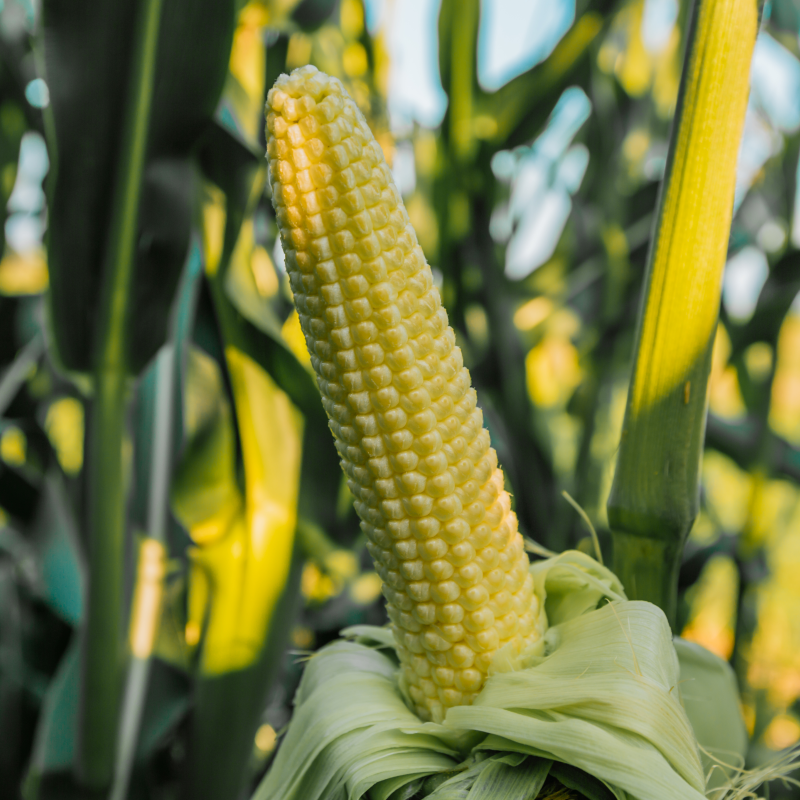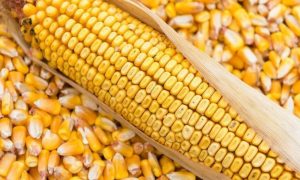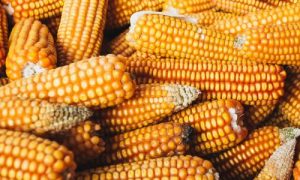Changes to seed treatment rules in UK concerns farmers

Industry leaders have written to UK Environment Secretary Mark Spencer claiming the loss of certain seed treatments poses a significant threat to the success of some crops, particularly maize and fodder beet.
At present, seeds treated with Plant Protection Products (PPPs) that are not authorised for that use in Great Britain, but are authorised in an EU member state, are permitted to be imported, marketed and used in Great Britain, up until 31 December.
Changes implemented January 2024
However, from 1 January, 2024, only seed treated with a PPP that is authorised for that purpose in Great Britain will be permitted for use.
The National Farmers’ Union says this change is causing significant concern, especially for maize and fodder beet growers, who rely heavily on the use of seed treated with EU approved bird repellent and fungicide.
Concerns for future feed quality
There are currently no seed treatments licenced for application to maize or fodder beet in the UK, prompting concerns about the future quality of animal feed, and the issue also affected a number of vegetable crops and a small number of cereals.
Industry working group
An industry working group has been set up by the NFU, and includes the Maize Growers Association, National Institute of Agricultural Botany (NIAB), the Agricultural Industries Confederation and seed companies to inform and support lobbying of government to address the issue.
In a letter to Mr Spencer, the working group highlighted that:
- Maize is grown on 220,000 hectares in the UK
- It is a vital crop – both as a highly nutritious animal feed and the highest energy yield feedstock for anaerobic digestion.
- Currently, all maize seeds sown in the UK are produced in Europe, as we do not have climatic conditions to grow the seed crops.
It also provided evidence of the impact of growing untreated seed, collected vial the working group and member surveys. This included:
- A lack of suitable bird repellent can result in the total loss of the maize crop. A recent field trial by NIAB showed the potential impacts in alarming detail. Corvids were able to identify which maize plots were untreated and moved down the rows, learning the distance between seeds and taking almost all of them.
- In a variety trial in Essex, England, a farmer planted a strip of untreated maize. Corvids were able to identify the untreated seed and removed all the seed in that strip.
Nearly 60% of farmers responding to a survey carried out by NIAB to understand the risks around this issue said they would grow less maize in the absence of seed treatments with nearly 20% potentially ceasing to grow the crop completely.

















